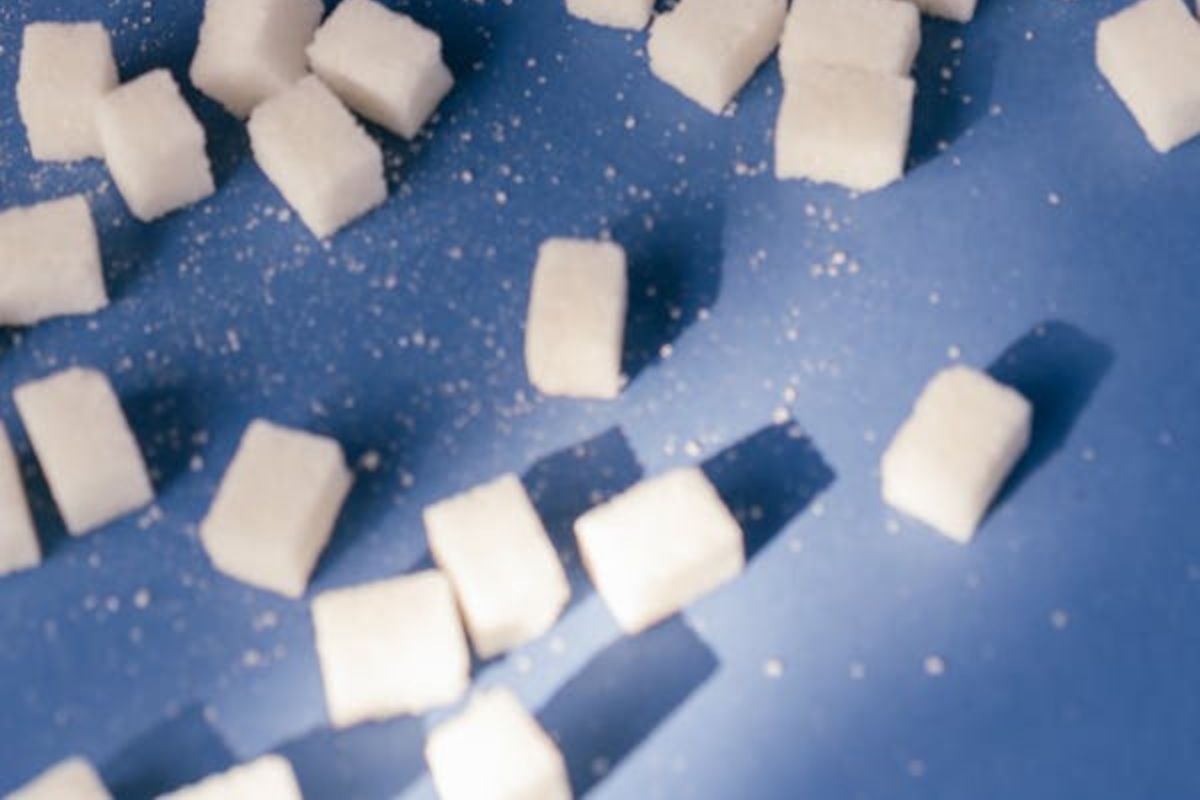Cats, as obligate carnivores, derive their nutritional needs from a diet predominantly composed of meat. Sugar, while not immediately toxic in small quantities, does not align with their dietary requirements and can lead to various health issues if consumed regularly. In this concise exploration, we delve into the reasons why sugar should not be a part of a cat’s diet.
Can Cats Safely Consume Sugar?
In essence, cats can ingest small amounts of sugar without immediate adverse effects. However, given their lack of a sweet taste receptor (a result of their evolutionary trajectory as carnivores), they do not have the same attraction to sugary foods as humans or even dogs might have. This lack of interest is protective, as sugar offers no nutritional benefits to them and can contribute to several health complications over time.
The Health Implications of Sugar in a Cat’s Diet
Obesity and Diabetes
Regular consumption of sugar can lead to obesity in cats, a condition that significantly increases the risk of developing type 2 diabetes. Cats, especially those that are overweight, have a reduced ability to process sugar efficiently, leading to elevated blood glucose levels which can strain their body’s insulin management capacity.
Dental Problems
Cats consuming sugar are at a higher risk of developing dental issues. Sugar can lead to plaque buildup and tooth decay, leading to painful conditions such as gingivitis and periodontal disease. These dental issues not only cause discomfort and pain but can also result in more severe systemic infections if bacteria from the mouth enter the bloodstream.
Gastrointestinal Upset
While not immediately life-threatening, consumption of foods high in sugar can cause gastrointestinal upset in cats. This can manifest as vomiting or diarrhea, symptoms that are distressing for both the cat and the owner. Frequent exposure to sugar can disrupt the delicate balance of gut flora, leading to more chronic digestive issues.
Nutritional Imbalance
When cats consume sugary foods, these often act as fillers that contribute empty calories without any nutritional value. This can lead to nutritional imbalances, as sugary treats may replace more nutritionally dense foods in their diet. Over time, this imbalance can compromise their overall health and well-being.
Mitigating the Risks: Guidelines for a Healthy Cat Diet
Maintaining a balanced diet for your cat, focused on high-quality proteins and devoid of unnecessary additives like sugar, is key to their health. Here are some guidelines for a healthy cat diet:
- High-Protein, Low-Carb Diets: Reflecting their carnivorous nature, cats thrive on diets rich in animal proteins and low in carbohydrates. Ensure that the main source of their food aligns with this requirement.
- Avoid Human Foods: Many human foods contain hidden sugars and are not suitable for cats. Stick to cat food and treats specifically designed for their dietary needs.
- Regulate Treats: While occasional treats are acceptable, they should not constitute more than 10% of your cat’s daily caloric intake. Opt for treats formulated for cats, avoiding those with high sugar content.
- Stay Informed and Read Labels: When purchasing cat food and treats, read the labels carefully. Be wary of items with high sugar content or artificial sweeteners, which can also be harmful to cats.
Conclusion
In summary, while cats might not experience immediate harm from consuming small amounts of sugar, the potential health risks associated with its regular intake are significant. Obesity, diabetes, dental problems, and gastrointestinal issues are just a few of the complications that can arise from a sugary diet. As responsible pet owners, it’s crucial to focus on providing a balanced, high-protein, and low-carbohydrate diet that meets the nutritional needs of our feline friends, steering clear of added sugars to ensure their long-term health and happiness.

